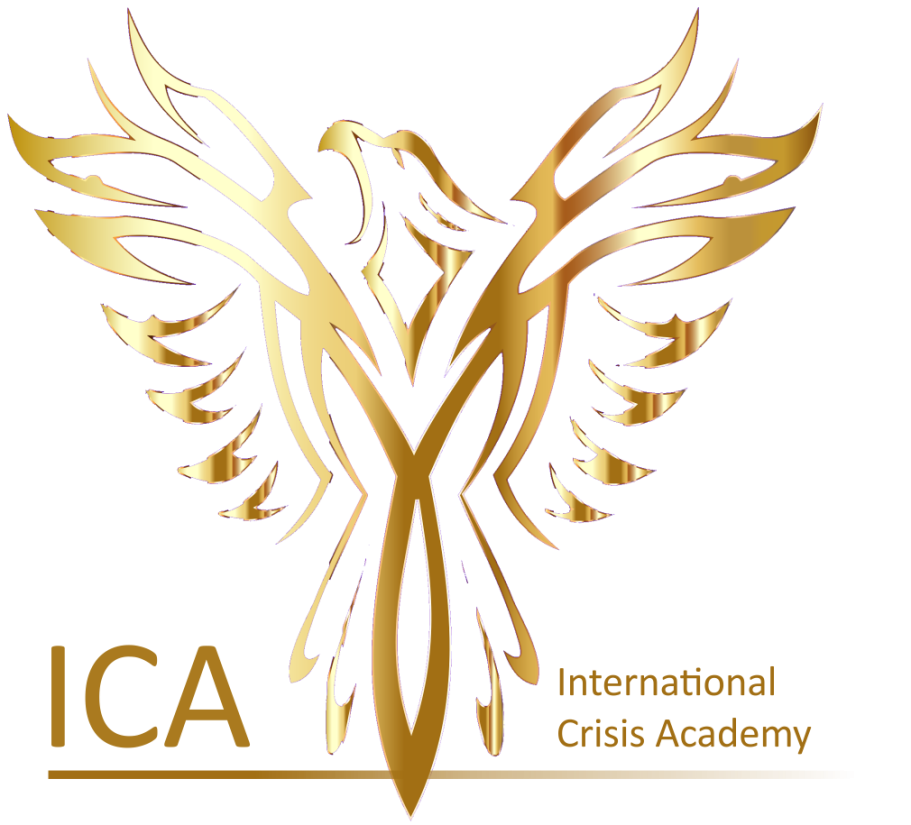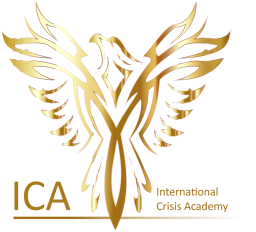Overcoming Objections to Tabletop Exercises: Enhancing Emergency Preparedness
Emergency preparedness is a critical aspect of organizational resilience, ensuring that businesses, institutions, and agencies can respond effectively to crises. Tabletop exercises (TTX) are a key component of this preparedness strategy, designed to evaluate and improve emergency response plans in a low-stress, discussion-based environment. However, some organizations hesitate to implement TTX for a variety of reasons. This article addresses common concerns and illustrates why they are unfounded, emphasizing the profound value of tabletop exercises.
A common barrier to the adoption of TTX is unfamiliarity with their implementation. Fortunately, this barrier is easily overcome. Tabletop exercises are structured yet informal simulations that encourage participants to discuss and analyze their responses to hypothetical emergency scenarios. These exercises are designed to test and refine existing plans, policies, and procedures without the logistical complexities and costs associated with full-scale drills.
Time and resource constraints are understandable concerns. However, the flexibility of TTX allows them to be tailored to fit the specific needs and capacities of any organization. While the average TTX includes a four-hour exercise agenda. This duration can be adjusted based on the organization's availability. Shorter sessions can still be highly effective, ensuring that key personnel can participate without significant disruption to their regular duties.
Moreover, the planning team for a TTX can be kept small and focused, involving only essential stakeholders. This approach not only minimizes use of resources, but also ensures that the most critical perspectives and relevant expertise are represented, enhancing the quality and relevance of the exercise.
Some organizations feel that they are not yet ready to undertake a TTX. It is important to recognize that a TTX is not an evaluation of individual performance but an assessment of the organization's plans and procedures. The goal is to identify strengths and areas for improvement in a supportive, collaborative environment.
Before conducting a TTX, ensure that the emergency response plan is complete and has been tested through simpler exercises, such as workshops or seminars. The TTX should be aligned with the current capabilities of the organization, providing a realistic platform for improvement. This approach ensures that the exercise is relevant and productive, contributing to continuous development rather than setting unattainable benchmarks.
And don’t worry: In case your organization is not yet equipped with a full set of response plans, our approach caters for that, too.
Skepticism about the value of TTX often arises from a lack of understanding of their benefits. Tabletop exercises are a cost-effective and efficient way to practice decision-making and problem-solving under simulated emergency conditions. They foster trust and collaboration among team members, enhancing the overall readiness and resilience of the organization.
By participating in a TTX, organizations can identify both strengths and weaknesses in their emergency plans. This process allows for the development of targeted improvement measures, ensuring that plans are robust and effective. Additionally, TTX help build confidence among employees, as they become more familiar with their roles and responsibilities in an emergency, reducing anxiety and enhancing their ability to respond effectively.
Tabletop exercises are an indispensable tool for any organization committed to enhancing emergency preparedness. By addressing common objections and providing clear, actionable solutions, the profound benefits of TTX become evident.
Let us provide you with a simple example:
During a TTX it became evident that a certain set of controls (material, systems, key persons, …) has been used intensively to tackle the challenge. Proper note-taking during the exercise will bring this up in the de-briefing and the report.
Why is this important?
This insight tells you to keep an eye on any changes you intend to make on those controls as this may impact your ability to manage a crisis. Additionally, those key controls may constitute single points of failure.
As you can see, professionally conducted TTXs can provide your organization with powerful, yet simple pieces of advice to continuously improve.
In summary, through careful planning and execution, tabletop exercises help identify vulnerabilities, improve communication, and increase employee confidence in handling emergency situations. Embracing TTX is a strategic step towards achieving optimal readiness, ensuring the safety and continuity of operations in the face of unforeseen events. Organizations that invest in TTX are better equipped to protect their people, assets, and reputation, ultimately contributing to a more resilient and secure future.
Added benefit, especially for airport organizations, is us speaking your language, as ‘we have been there, done that’. Hence, you can trust your discussions, assumption, decisions and resulting actions are put into an ICAO- / ACI- / IATA-relevant context. For those new to TTX, ICA offers a comprehensive Tabletop Exercise Package, which provides detailed guidance and templates for planning, developing, and executing these exercises. ICA demystifies the process, making it accessible and manageable for any organization, regardless of prior experience.
Wir benötigen Ihre Zustimmung zum Laden der Übersetzungen
Wir nutzen einen Drittanbieter-Service, um den Inhalt der Website zu übersetzen, der möglicherweise Daten über Ihre Aktivitäten sammelt. Bitte überprüfen Sie die Details in der Datenschutzerklärung und akzeptieren Sie den Dienst, um die Übersetzungen zu sehen.

